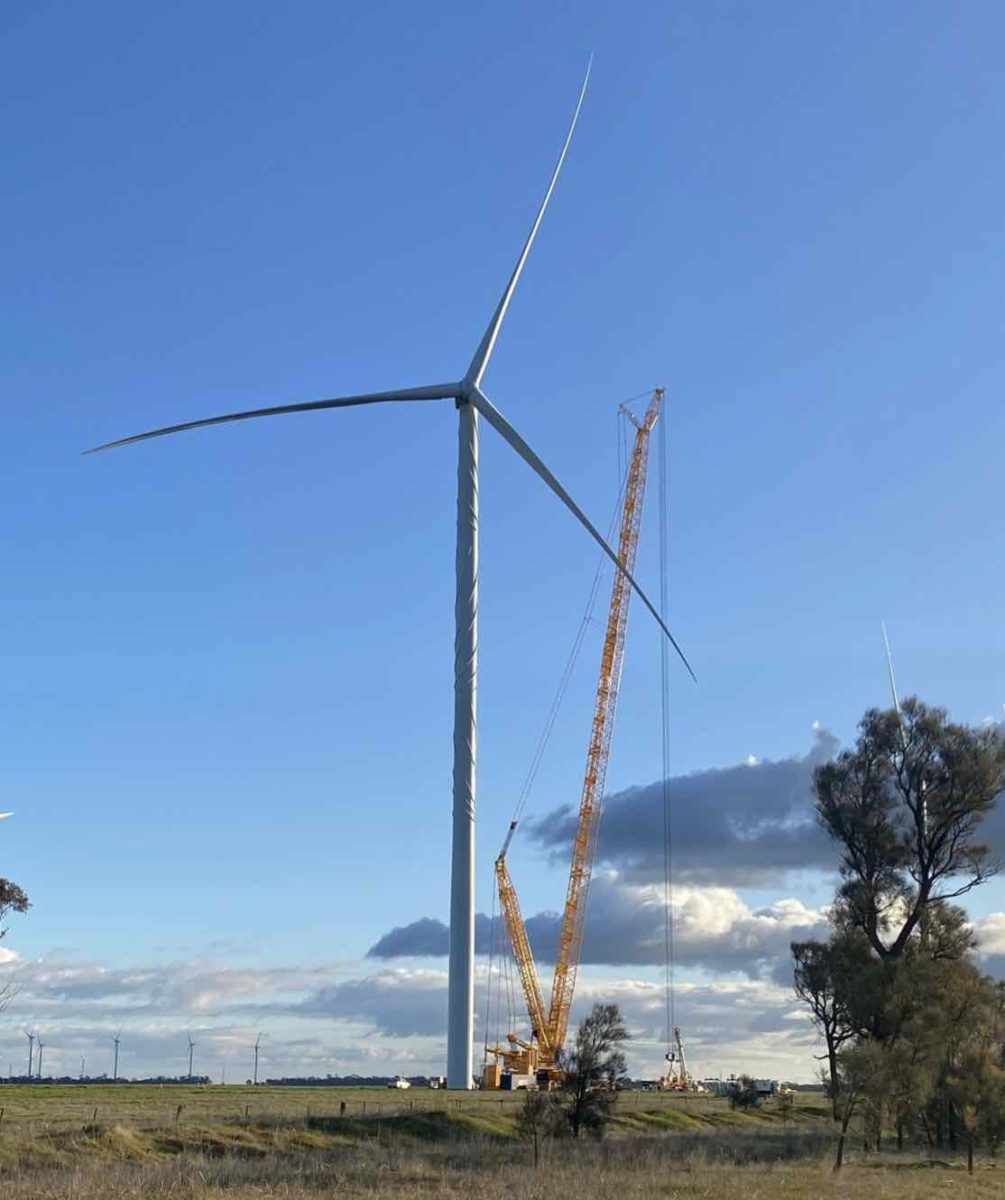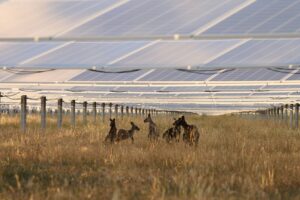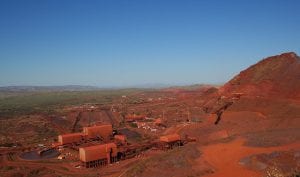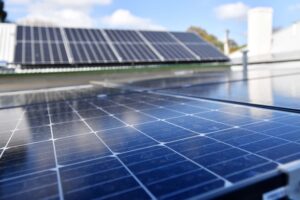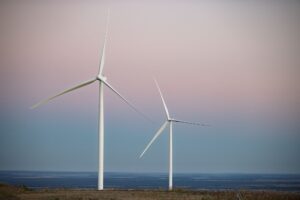A new report has warned that the Albanese government’s rebooted Safeguard Mechanism will “syphon money” to the carbon offset industry and away from investment in renewables, and offers evidence that a worrying shift in climate capital is already underway.
The Australia Institute report shows that the volume of carbon offset projects registered in 2022 is roughly double what it was in 2020 and 2021, even without the proposed changes to the national carbon trading scheme that Labor is proposing.
By contrast, data gathered by TAI shows investment in new renewable energy generation in Australia has declined by 50% since 2018, when it was gearing up to meet the Renewable Energy Target.
The TAI says that with the Renewable Energy Target now met, and no new federal policy to replace it, investment in building out new capacity is already dwindling.
In its place, TAI says policy like the Safeguard Mechanism is driving investment towards carbon credits of “questionable integrity” and away from renewables and other forms of genuine emissions reduction, particularly in heavy industry.
“The federal government is now at the policy crossroads between investment in renewables and genuine decarbonisation, or the previous government’s creative accounting tricks,” says TAI’s director of climate and energy, Polly Hemming.
“The Safeguard Mechanism and the Powering the Regions fund offer enormous opportunities for genuine emissions reduction, but are poised to syphon money to the carbon offset industry.”
Labor’s proposed Safeguard Mechanism reforms, which the party hopes to get through Parliament by as early as the end of March, have been heavily criticised by climate and green groups for setting the bar far too low for Australia’s heaviest emitters and for failing to address Scope 3 emissions at all.
In an article published on RenewEconomy on Monday, Ketan Joshi described the policy as “essentially a massive honour system for the country’s worst emitters – mostly fossil fuel companies – blended with a government mandated system of greenwashing and fake climate action.”
The Australian Greens, whose support will be needed to get the legislation through Parliament, have also been critical of the policy, but last week said they would back Labor’s revamped Safeguard Machanism in exchange for a commitment to ban all new coal and gas projects.
Labor has declined that offer, but both parties have said that they are open to further negotiations on the detail of the policy.
One of the key public and industry concerns with the safeguard mechanism is that it will continue to promote the trade in offsets of low integrity, such as were the subject of a damning Four Corners report aired recently by the ABC.
Off the back of that report, TAI has referred the subject of the expose, Climate Active, to the competition regulator, the ACCC, alleging its offset scheme is potentially misleading and deceptive under consumer law.
But in its discussion paper this week, TAI points out that even carbon credits generated under schemes that have integrity are much less effective at reducing emissions over the long term than building out new renewable energy capacity or investing in industrial decarbonisation.

“In the face of the decision to offset or decarbonise to meet their emissions liabilities, firms are … likely to choose to buy offsets rather than pursue abatement,” the report says.
“Evidence of this trend already exists – including declining commencements of renewable generation and
growth in ACCU projects and transactions, summarised in Figure 7 below.”

“When industry or government buys carbon credits to offset emissions – even if they are of high integrity – they are not spending money on technology that permanently displaces fossil fuel use and permanently reduces emissions,” says Hemming.
“Every day we prevaricate is a day further away from Australia meeting its climate target. This data shows offsets are obstructing climate action in Australia.”
In a separate note, TAi director Richard Denniss adds that his position, as an economist, is that to spend money on low integrity offsets rather than decarbonisation is “about the most economically inefficient thing” he can think of.
“Rather than investing in renewable energy or electric buses or First Nations-led, community owned renewable energy projects, we’re spending money helping to companies to greenwash their pollution,” Denniss writes.
“But to be clear, this is a choice. And it’s a choice that will soon be before the Senate.”

